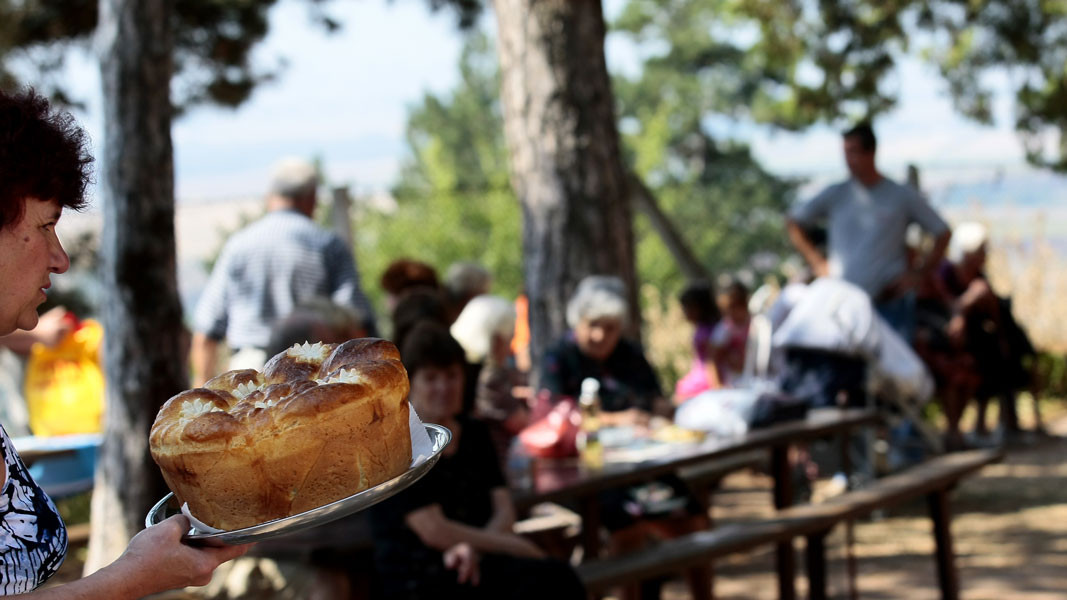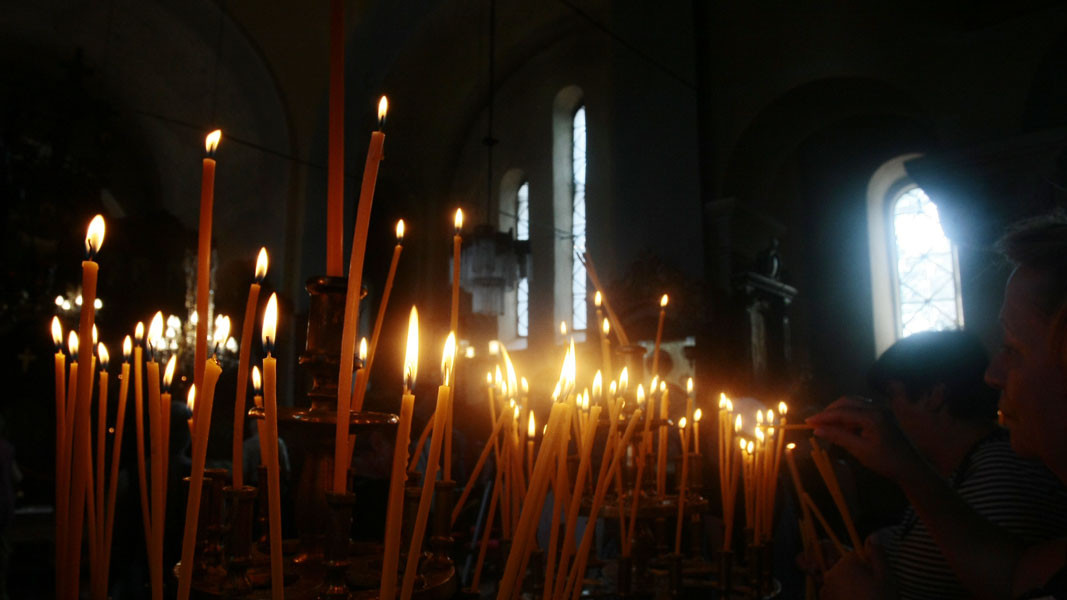The Assumption is one of the biggest summer holidays, marked by the Orthodox Church on August 15 (August 28, according to old style calendar.) The holiday has its origins in the Jerusalem Church and is one of the most ancient celebrations, dedicated to the Theotokos. In the icons, as well as in the festive liturgy in Orthodox churches on Assumption, the glorification of the Mother of God reaches its apogee.

In the villages where there is a church or a monastery named after the Mother of God, this day is especially solemn and a sacrificial offering for health and blessing is consecrated after the Divine Holy Liturgy. According to traditions, village meetings and family gathering are held. In Bulgarian folk songs, legends and beliefs, the Mother of God is a righteous, loving mother, merciful even to sinners. She is close to people, protects them, guides them, gives them signs how to act, which way to go, what to beware of. It is not by chance that in their prayers, the old Bulgarians call her "Dear Mother of God", filled with love and warmth, as for a native mother. She is believed to be the patroness of motherhood, women and children. That is why this is primarily a holiday for young brides who have not conceived. And since the day is dedicated to the Mother of God, women do not engage in housework. Those who do not have children yet bring home-made towels, aprons, socks, and flowers to the church and place them under the icon of the saint. And in the monasteries where her miraculous image is preserved, night vigils and liturgical processions are held as a sign of respect and adoration.

This is also the case in "Assumption of the Blessed Virgin Mary" Monastery in Iskrets, located at the foot of Mount Gradishte in Stara Planina. You can learn more about it from Radio Bulgaria’s article “The Assumption Monastery in Iskrets.”
Compiled by: D. Grigorova
English version: Alexander Markov
Photos: BGNESBatak is a name every Bulgarian remembers with deference and pain because the fate of the small town in the Rhodopes is scarred by one of the bloodiest events in national memory – the Batak massacre. During the first days after the outbreak of..
There is a map which helped usher in the birth of modern Bulgaria during the Russo-Turkish War of 1877-1878. The Austro-Hungarian researcher Felix Kanitz (1829 – 1904) was the first West European to have travelled to more than 3,200 towns and villages..
On 3 March, Bulgaria celebrates the 147th anniversary of its liberation f rom five centuries of Ottoman rule. The day was declared a national holiday in 1990 by a decision of the National Assembly. The Treaty of San Stefano, signed on 19 February..

+359 2 9336 661
